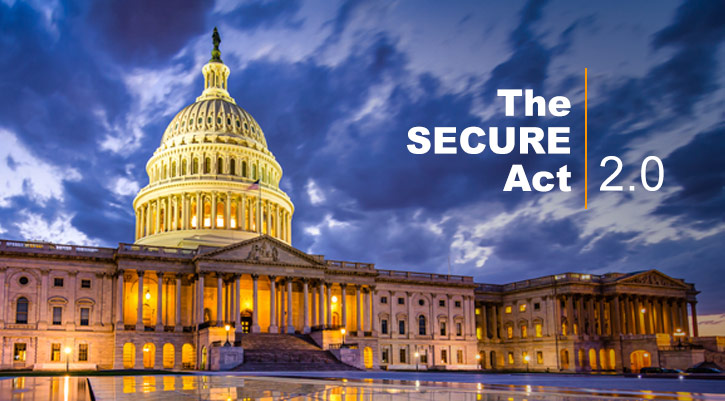The SECURE 2.0 Act of 2024, designed to alleviate the burden of student loans while promoting retirement savings, faces uncertainty as employers hesitate to adopt its provisions.

SECURE 2.0 Act of 2024: Will Employers Embrace Student Loan Matching for Retirement? (Photo from: The CIP Group)
Employee Benefits
Many employers need to be more cautious about implementing the student loan matching provision outlined in the SECURE 2.0 Act of 2024. Despite the law’s intent to aid workers in managing student debt alongside retirement savings, concerns regarding economic stability and cost implications linger.
According to recent surveys, most companies are reluctant to offer student loan matching benefits. Reasons cited include cost considerations, administrative complexities, competing priorities, and perceived lack of employee interest. The cautious approach reflects a broader trend of companies prioritizing cost control in uncertain economic times.
While widespread adoption lags, certain industries, such as healthcare and professional services, may lead the way in offering student loan matching benefits to attract and retain talent. However, broader acceptance across industries remains to be determined as companies weigh the benefits against potential challenges.
READ ALSO: Child Tax Credit 2024: Your Guide To Maximizing Your Tax Refund!
Increasing Interest and Alternatives
Despite slow initial uptake, experts anticipate a gradual rise in interest among employers regarding student loan matching benefits as awareness grows. However, alternative forms of student loan assistance, including direct payments and counseling services, continue to be favored by some employees and companies alike.
With millions of Americans burdened by student loan debt, initiatives like the SECURE 2.0 Act of 2024 aim to provide relief and promote financial wellness. While adoption rates may vary, the evolving landscape of employee benefits underscores the importance of addressing the student debt crisis in innovative ways.
READ ALSO: Earned Income Tax Credit 2024: Millions Of Americans Missing Out On Valuable Tax Break























